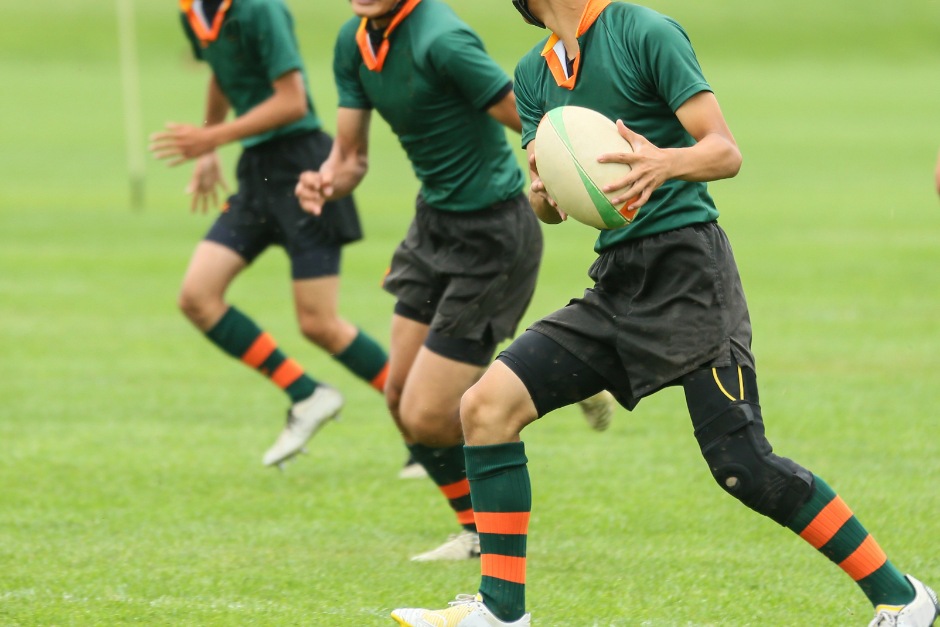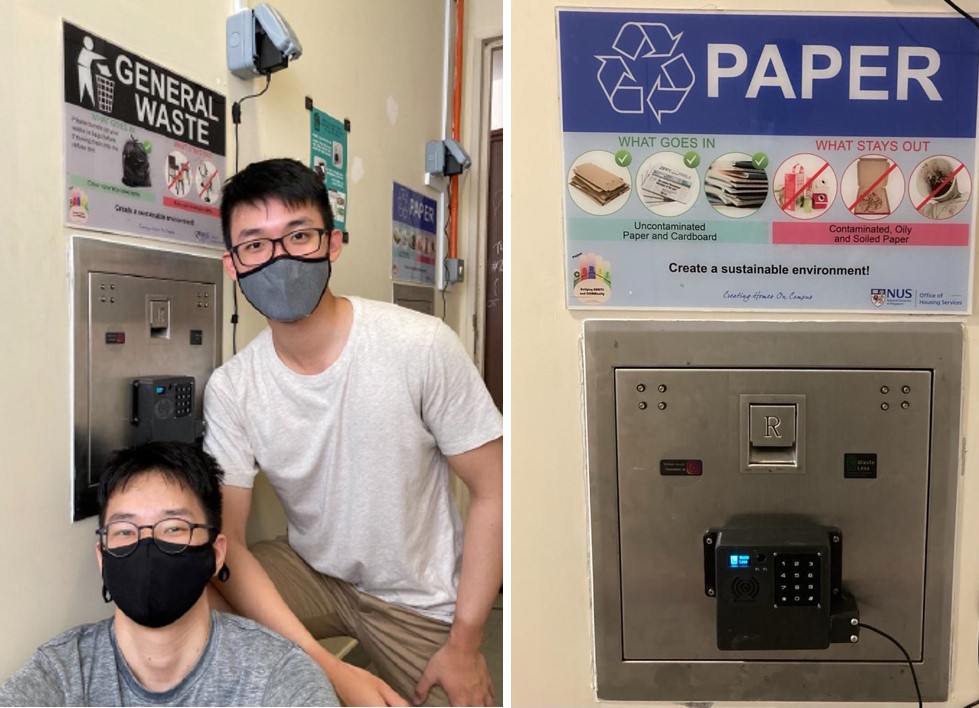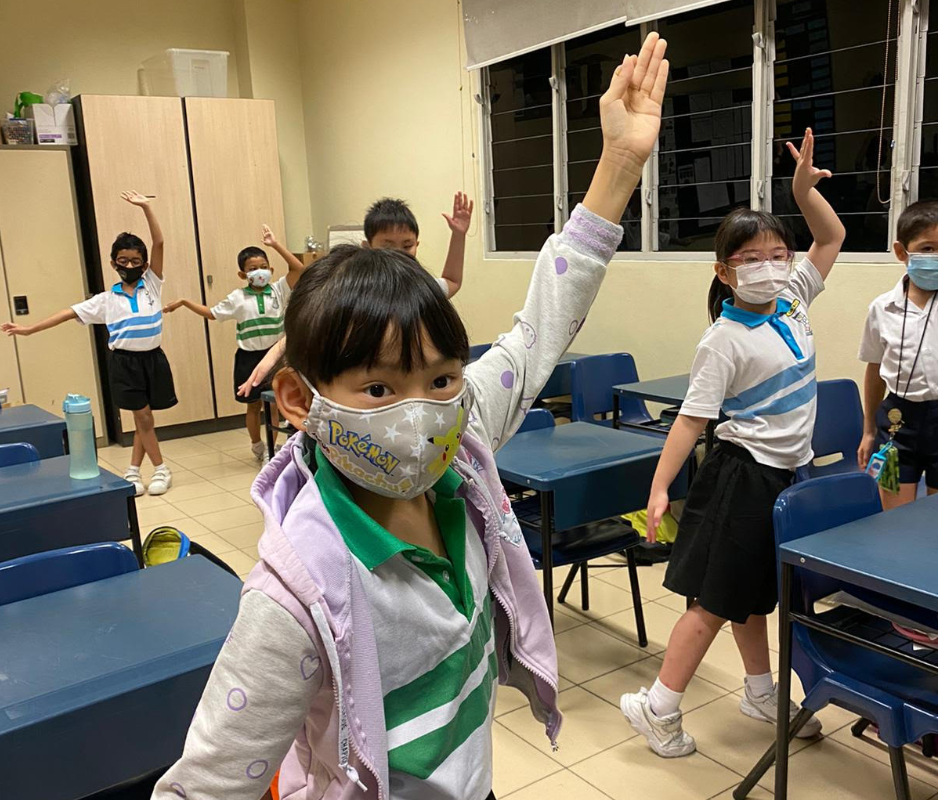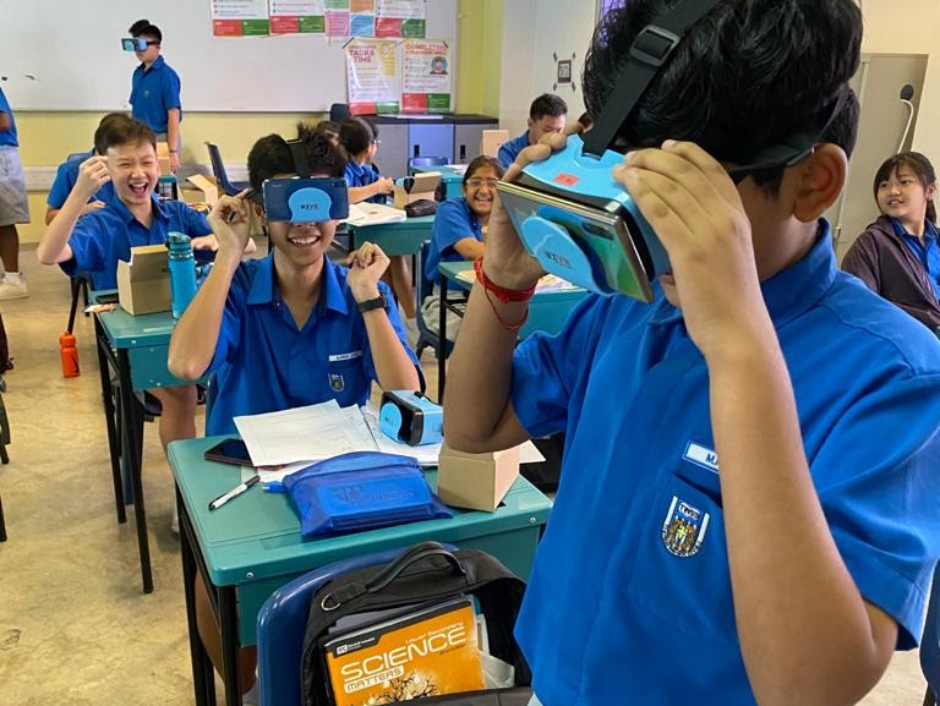Innovative Ways Schools Prepare Students for the World
15 May 2019
.jpg)
.jpg)
-copy.jpg)
.jpg)

How do teachers help students cultivate a love of learning that goes beyond memorisation and regurgitation? By bringing the real world into the classroom and encouraging students to apply what they have learned to find solutions to problems.
Primary 1 and 2 classes at Teck Whye Primary School, students are performing in little speech-and-drama shows for their English and Mother Tongue classes. In another Primary 2 classroom, they’re getting an English lesson with input from Art and Music as they play chefs in their own cooking programme.
Primary 3 children are learning to create animations through simple coding, and writing their own fairy tales. In Primary 4 and Primary 5, they take on the roles of budding reporters and advertisers, respectively, to produce online blogs and ad campaigns.
“Our Applied Learning Programme weaves media concepts and literacy skills into the language and aesthetics lessons, by allowing our pupils to become creative media producers themselves,” says Ms Keng Gek Yong, co-ordinator for the programme. “It also helps them to think critically about media, and develop into confident communicators.”
Think Outside the Textbook
This may not be school as children who grew up in the 90s think of it. But this is the new normal. Schools in Singapore have embraced applied learning, which encourages students to use their knowledge and skills gained in class to tackle real-world problems. All secondary schools now offer an Applied Learning Programme (or ALP), as do more than 80 of the 191 primary schools. All primary schools will have one by 2023.
“Students are more engaged with lessons when they can see the practical applications and relevance to their lives, and they also want to learn more,” explains Dr Kenneth Lim, a research scientist at the National Institute of Education (NIE) who has extensive experience in curriculum design, teaching and training.
Dr Lim and Mr Joshua Lee, a Ministry of Education teaching scholar, led an NIE team that worked with Yio Chu Kang Secondary School mathematics teachers to test a new way of teaching lessons on averages, including the mean, median and mode, for Secondary 2 students. The trial lessons were carried out in February and March 2018.
The teachers had said that the conventional textbook-based lessons, which rely on rote-learning and worksheets, often left the students unable to clearly understand the application of the various types of mathematical averages.
The students also said that mathematics lessons did not seem relevant to them in real life, which can make them indifferent to the subject and unmotivated during classes.
Making It Cool to Love Math
As part of the new method created by Dr Lim and Mr Lee, the students looked at data and applied what they had learned about averages to answer one simple question: Where is the best spot to study in school during the after-class hours of 3 pm to 6 pm, excluding the library? “This is something that the students did, so it made the context not only real but also personal to them,” says Mr Lee.
After the question was posed to the students, they shortlisted various locations and the school deployed sensors to collect data on the areas’ brightness, noise and temperature at five-minute intervals over the three hours from Monday to Friday. The data was then formatted, printed and distributed to the students in class.
Working in groups, the students filled out a worksheet that required them to, among other tasks, select a time interval to use and explain the rationale for their choice, extract the relevant figures from the data sheet and calculate the mean for each of the three factors.
The class discussions after the exercise showed that the students were both engaged in the lessons and had a clear understanding of the mathematics, Mr Lee notes.
“There were instances when the sensors unexpectedly produced a ‘zero’ reading, and the students debated over whether these readings should be included in the calculation of the mean. This showed that the students not only had a fundamental understanding of what a mean is, but also an intuitive understanding of what a zero-reading would do to the final result,” he says.
In interviews with the students after the exercise, many of them said that they preferred the new method of teaching averages because it was more relevant to them. In a further display of enthusiasm, they also wished that they had been involved in the setting up of the sensors and collection of data.
Other primary school and secondary school students in Singapore were similarly passionate about their applied learning experiences, saying that it encouraged them to learn instead of simply memorise facts.
Science Lessons Good Enough to Eat
In Eunos Primary School, pupils from the Green Market Co-Curricular Activity (CCA) Club help to maintain a Sensory Garden about the size of a basketball court on the school’s premises. The garden reinforces lessons that they learn in their science classes about plants’ life cycles and parts, and about processes such as photosynthesis.
.jpg)
Mrs Satiish working together with the students to transplant the plants to their home in the Spiral Herb Wheel. Photo credit: Eunos Primary School
When the garden was set up in early 2018, the pupils helped to create the soil beds and learned how to transplant flowers and vegetables from their pots to the beds. “We were careful to cover the roots of the plants with soil because the roots not only anchor the plant but also take in water and mineral salts,” recalls Primary 5 pupil Krystal Sandar Swe.
She says that her work in the garden has taught her valuable lessons: “It helped me to understand the value of unity as the Green Market team members all worked together to set up the garden.”
She is also likely to carry with her other lessons from the garden beyond primary school. She explains: “With the help of friends and by being resilient, nothing is impossible. And when you put a lot of effort into doing something meaningful, one of the biggest rewards you receive at the end of it all is a huge sense of satisfaction.”
Experiences that Help Students Learn Mandarin
In Evergreen Secondary School, the range of applied learning initiatives include the Mother Tongue Fortnight programme, which spans two weeks each year from Secondary 1 to Secondary 3, and exposes the students to different aspects of Chinese culture.
This programme consists of: Hands-on classes for traditional Chinese medicine, including the tasting of health-boosting teas, for Secondary 1 students; read-aloud sessions of Chinese literature for Secondary 2 students; and lessons about Xinyao, a genre of Mandarin songs unique to Singapore, for Secondary 3 students where they also write their own Xinyao songs. Several of these songs have been submitted to national Xinyao competitions and won prizes.
.jpg)
Evergreen secondary students learning to handle and mix traditional Chinese medicine herbs. Photo credit: Evergreen Secondary School
Tracy Goh, a Secondary 3 student, says: “I think that for many of us, the more we discovered about Chinese culture through these Fortnight programmes, the more interested we became in both the culture and in learning Mandarin during our normal classes.”
Her classmate Max Kok, also a Secondary 3 student, agrees. He adds: “I have many friends who were not interested in the Mandarin classes because they mainly speak English at home and with their friends, but the Fortnight lessons really changed their minds and made them realise that Mandarin can be very fun.”
A version of this article was first published in “Contact: The Teachers’ Digest” with the headline “Beyond Rote Learning”.

.jpg)



